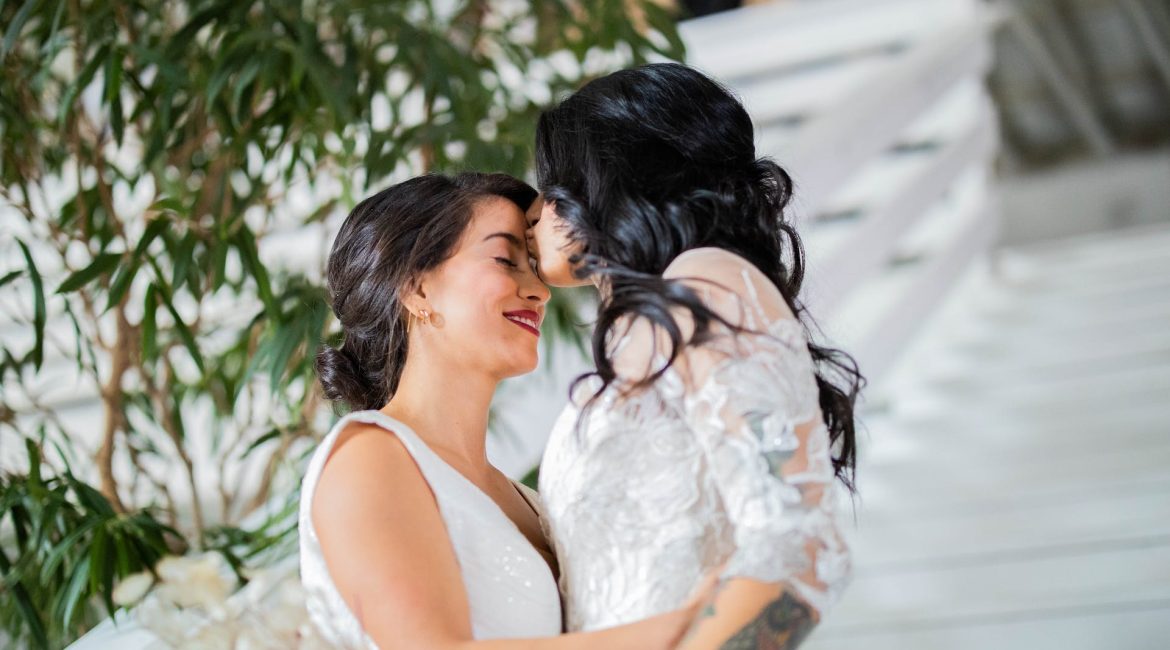The Texas Supreme Court is revisiting a contentious case involving Dianne Hensley, a Waco-based justice of the peace who has consistently refused to marry same-sex couples, despite the nationwide legalization of gay marriage. The case, which started in 2019 with a reprimand from the state’s judicial conduct commission, represents a critical juncture in the ongoing debate between religious freedom and LGBTQ+ civil rights.
Oral Arguments Begin in High-Profile Case
Oral arguments commenced Wednesday in the case of Justice Hensley, who has been at the center of this controversy for turning away gay couples seeking marriage ceremonies. This latest development marks a significant stage in a case that has been a point of contention in Texas, reflecting broader national legal battles over religious freedom and the rights of queer and transgender individuals.
Arguments Presented by Both Sides
Jonathan Mitchell, Hensley’s lawyer and a former Texas solicitor general, argued that the commission’s sanction violated Texas’s special religious freedom law. He contended that Hensley was financially impacted by the commission’s actions and that her religious beliefs were not accommodated as per the Religious Freedom and Restoration Act.
In contrast, Douglas S. Lang, representing the judicial commission, argued that Hensley’s actions were a clear violation of her judicial oath and impartiality. He insisted that her selective refusal to marry same-sex couples was discriminatory against certain Texans.

Background of the Controversy
The issue began around August 2016 when Hensley and her staff started declining services to gay couples, citing religious beliefs. This was roughly a year after the Supreme Court’s Obergefell v. Hodges decision, which legalized same-sex marriage nationwide. Hensley was warned by the commission for seemingly violating state law and responded by suing the commission, claiming infringement of her religious freedoms. Her lawsuit was initially dismissed in an appeals court.
Texas Supreme Court’s Role and Recent Developments
The state Supreme Court, currently comprised entirely of Republicans, agreed to hear Hensley’s appeal in June. This decision came shortly before the U.S. Supreme Court’s ruling in 303 Creative LLC v. Elenis, which allowed a Colorado website designer to refuse service to LGBTQ+ clients on religious grounds. Hensley’s legal team has cited this decision as potentially beneficial to their case, arguing that it undermines the “compelling interest” in mandating equal participation in same-sex and opposite-sex marriage ceremonies.
Debate Over the Appropriate Forum for the Case
During the oral arguments, Texas Supreme Court Justice Jimmy Blacklock questioned whether the judicial conduct commission was the right forum for such a complex constitutional matter. He suggested the possibility of a higher federal court being a more suitable venue for resolving this intricate balance of rights.
Conclusion
As the case continues, it remains a pivotal example of the complex interplay between religious liberties and the civil rights of LGBTQ+ Americans. The outcome of this case could have far-reaching implications for judicial conduct and the balance of personal beliefs with professional responsibilities.
©loveinclusion.org





